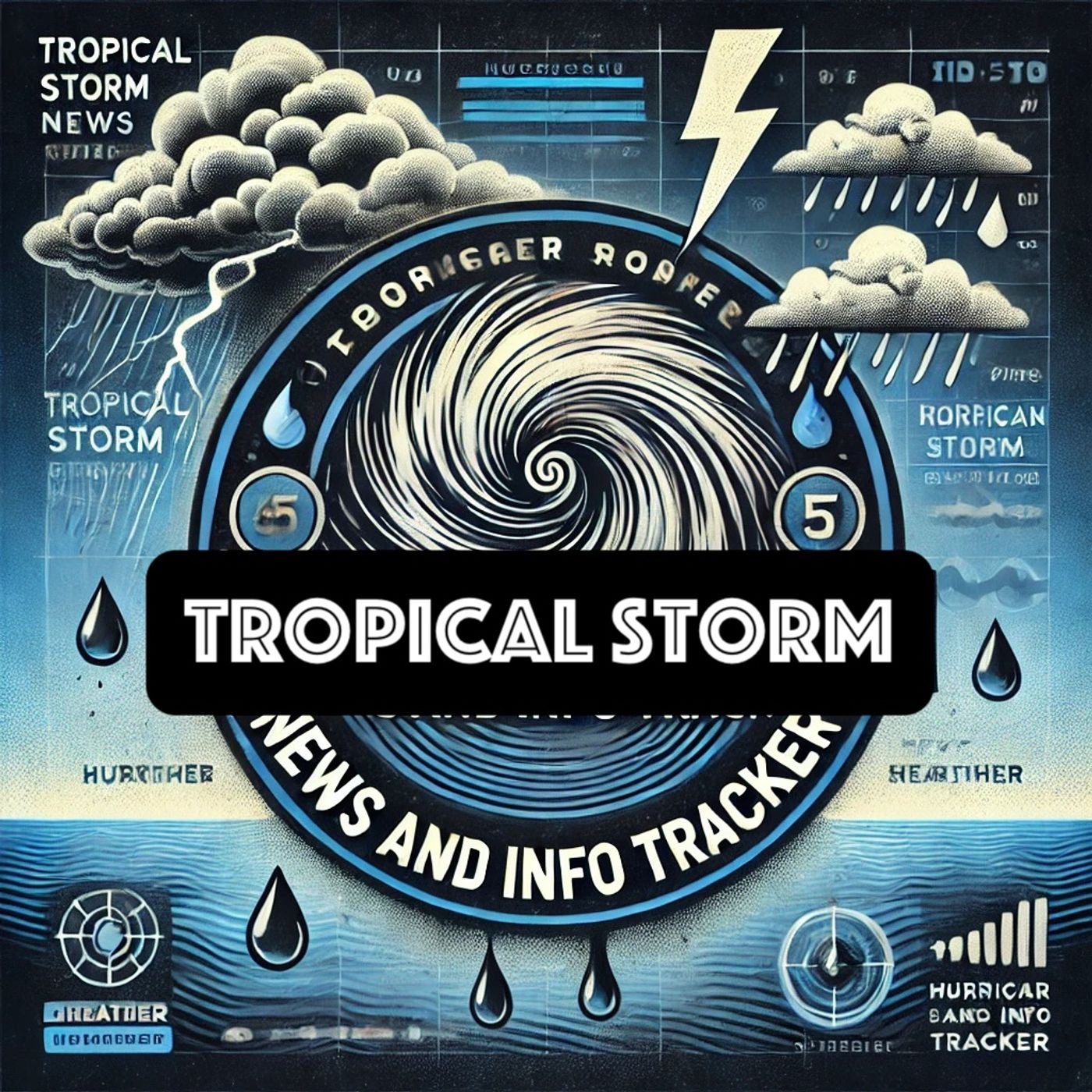Philippines Faces Relentless Tropical Storm Onslaught, Highlighting Climate Change Vulnerability
Description
The Philippines is facing significant challenges as it endures the impact of a fifth tropical storm in less than a month, highlighting the nation's vulnerability to extreme weather events. The most recent storm, named Toraji, has been downgraded and moved out to sea, sparing the country from severe destruction and casualties. Toraji's passage resulted in only limited damage, providing a brief respite for emergency management teams and affected communities who have been on high alert due to the recent spate of storms.
Despite Toraji's weakening, the cumulative effects of the frequent tropical storms have raised concerns about infrastructure resilience and the need for improved disaster preparedness and response. The series of storms has tested the country's ability to recover swiftly from repeated natural disruptions, putting additional pressure on local and national authorities to mobilize resources for immediate relief and long-term recovery efforts.
The frequent storms have caused widespread flooding, land saturation, and landslides, further exacerbating the challenges faced by communities already struggling with rebuilding efforts from previous storms. The disruption of daily life and economic activities is significant, with agriculture and fishing — major livelihoods for many Filipinos — particularly hard hit by the adverse weather conditions.
In light of these ongoing challenges, the national government, together with local entities and international aid organizations, has been working tirelessly to provide relief to affected populations. Emergency supplies, including food, water, and medical assistance, have been mobilized, while evacuation centers have been set up to shelter displaced residents. The long-term strategy includes evaluating existing disaster management strategies and enhancing early warning systems to better predict and respond to such weather patterns in the future.
Climate scientists have noted that the increasing frequency and severity of tropical storms are partly due to global climate change, which has led to significant alterations in regional weather patterns. This reality underscores the importance of addressing broader environmental issues and strengthening community resilience against the backdrop of climate change-induced extreme weather events.
In the wake of Toraji, there is a renewed call for international cooperation and support to help vulnerable nations like the Philippines adapt to the changing climate. Collaboration across borders, sharing of technology and expertise, and financial assistance are deemed crucial to fortifying the country's defenses against future meteorological threats.
The Philippines' experience with these successive tropical storms serves as a reminder of the urgent need for comprehensive measures to mitigate the impacts of climate change and to protect communities most at risk from the devastating effects of such natural disasters. As the situation unfolds, continuous monitoring and adjustment of policies and strategies will be essential to safeguard lives and livelihoods in the face of increasing environmental uncertainties.
More Episodes
Tropical storms can pose significant threats to coastal areas, with their impacts felt through storm surges, flooding, and wind damage. Both Tropical Storm Debby and Hurricane Idalia exemplify how effective coastal management can help mitigate these effects.
In August, Tropical Storm Debby made...
Published 11/26/24
Published 11/26/24
Tropical storm warnings have been issued for several regions, including parts of Florida, Cuba, and the Bahamas, as meteorologists track the progress of a developing system in the Atlantic. Residents in these areas are advised to prepare for potential severe weather conditions as the storm...
Published 11/24/24


